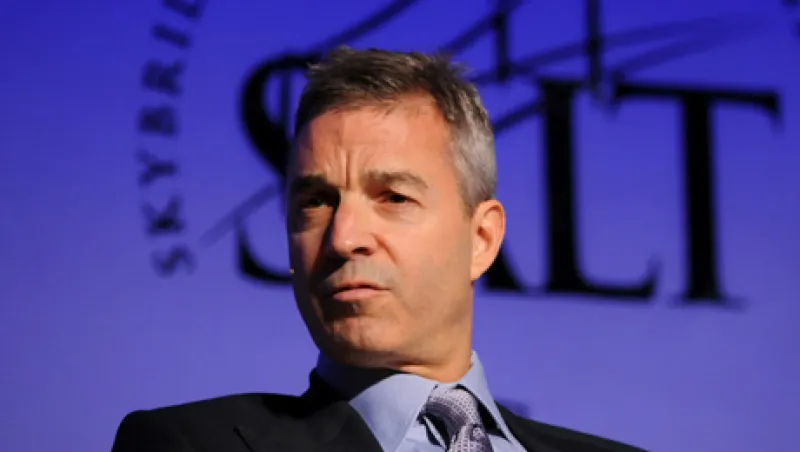Dan Loeb is bullish on Europe — sort of. The eclectic hedge fund manager best known these days for his proxy fight with Yahoo says the old world offers a fertile landscape for event-driven investing.
The founder of hedge fund firm Third Point Capital, Loeb says he has made money on the continent by looking for negative events, capitalizing on the dislocations they generate and trading well around these individual situations. “While Europe overall is a place where we currently have little interest in long-term investing, given the circumstances, surprisingly, many of our top winners so far in 2012 are European situations,” he writes in his second-quarter letter dated July 31.
Loeb explains he generally looks for “fat pitches” amid turmoil, which usually result from forced or panicked selling, market dislocations or growing investor fear. “With all of the mayhem in Europe in the past 12 months, we have been able to find quite a few of these types of investments while remaining disciplined about avoiding anything in the region that falls outside of our very narrowly defined investment parameters,” says Loeb, whose Third Point Offshore Fund lost 2.5 percent in the second quarter and made 3.9 percent in the first half. However, distressed credit was up 4.3 percent in the second quarter and 15.3 percent for the year, while performing credit gained 4.8 percent in the June period and 16.4 in the first six months.
In the past Loeb has acknowledged making money trading Portuguese sovereign bonds, the rights offering of Italian bank Unicredito and the credit of Eksportfinanz, which provides long-term financing for the Norwegian export sector. “Each represented a sizeable opportunity driven by a negative event resulting in a mispricing that we believed would remedy itself within 12 to 18 months,” explains Loeb.
And he expects to see more of these kinds of opportunities as long as Europe remains rocked by instability and uncertainty. For example, he says he recently added a new position in the European investment grade (IG) bond index iTraxx.
He points out that back in mid-June, the IG index was pricing in a default rate of 12 percent as European sovereign and corporate credit markets came under pressure. Yet he notes that the maximum historic five-year cumulative default rate is only 4 percent and the average cumulative default rate is a mere 1 percent. “The elevated implied default rate meant that European IG spreads were near all-time wide levels, and these were further amplified in the junior tranches of the iTraxx index,” he comments in the letter.
The details of how he played this opportunity get a little tricky, nuancey and jargony. But the gist of the opportunity for Loeb was that he figured to merely break even on his investment there had to be a euro zone breakup — a drastic event, of course. Not a very risky downside.
What’s more, given the magnitude of his potential upside, Loeb says he was able to buy protection for the worst-case scenario — a euro zone collapse — through market and currency hedges, Loeb explains in the letter.
“We anticipate Europe’s dysfunctional capital markets to continue generating a steady stream of similar event-driven, attractive ideas for us to incorporate into our portfolio,” he adds.







